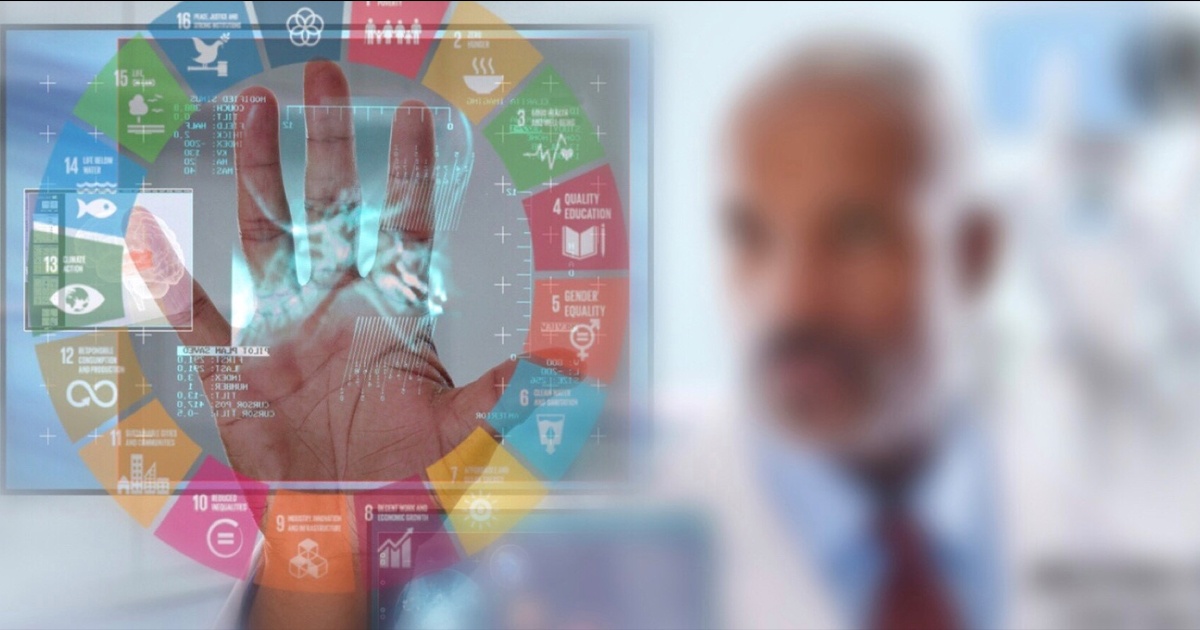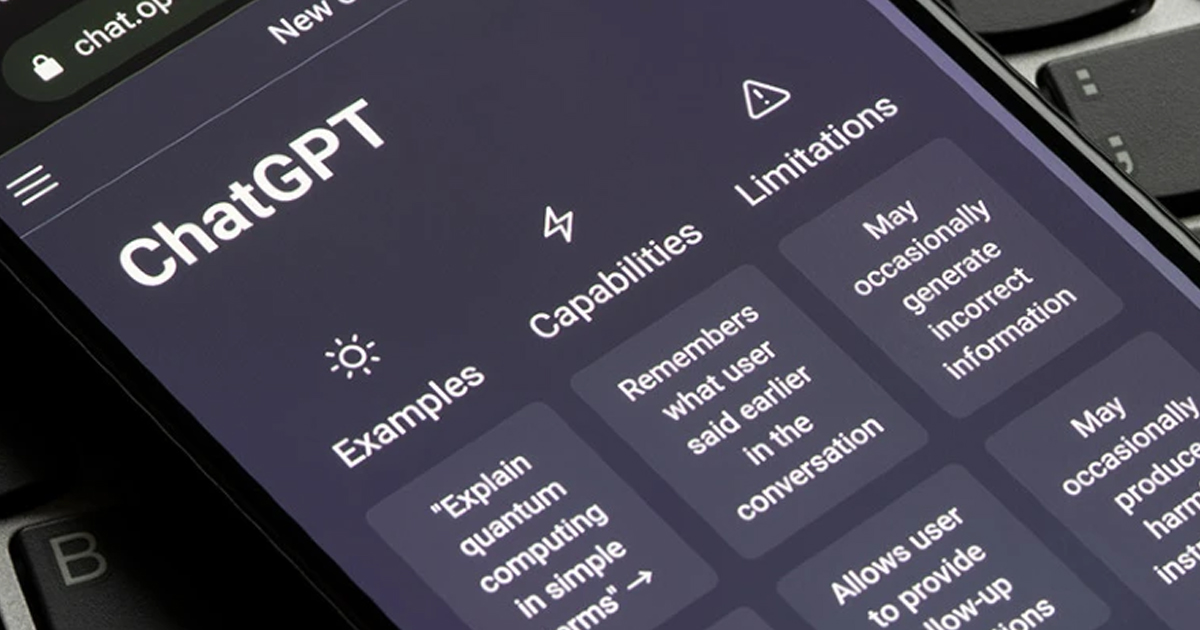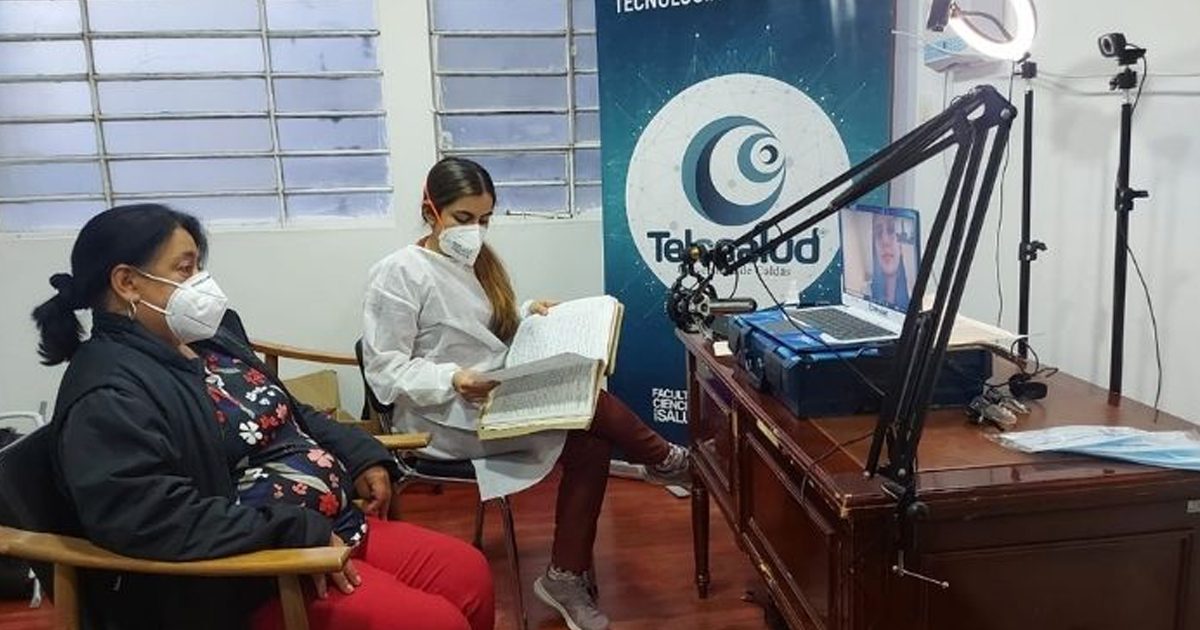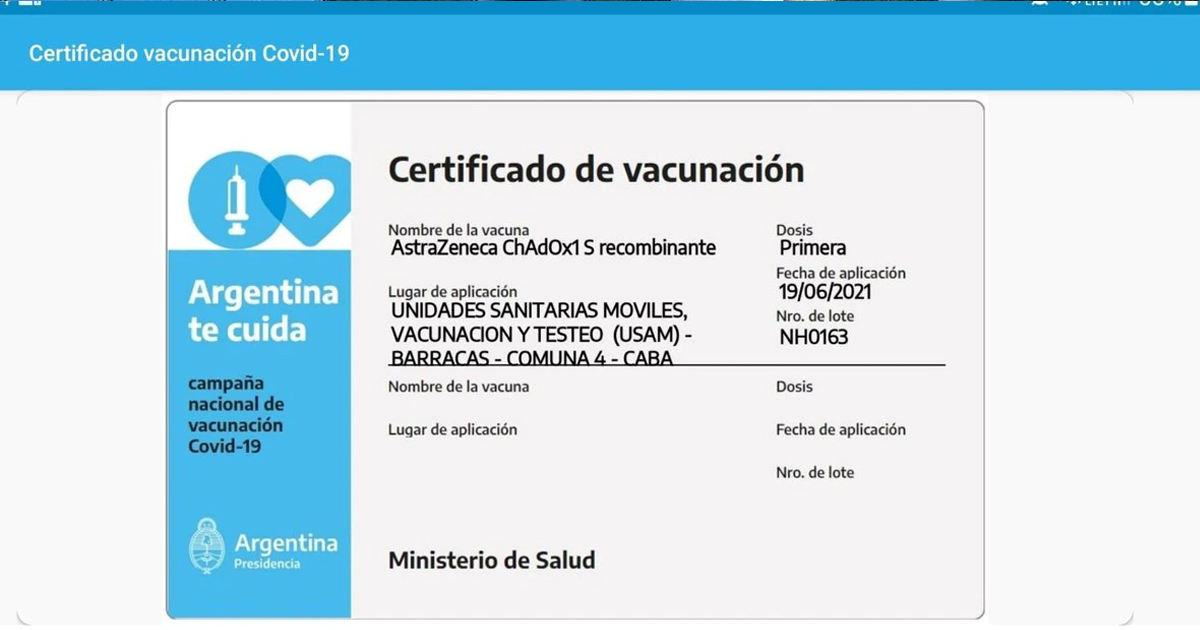In May 2020, the WHO announced the creation of a global multidisciplinary group advising on Digital Health issues.
The first steps in the creation of this group arose when, at the 71st World Health Assembly, it was examined in a report on mHealth, or Digital Health, which through resolutions WHA58.28 of 2005 on e-health and resolution WHA66. 24 of 2013 on Standardization and compatibility in e-health matters, the creation of a group of advisers in Digital Health matters was considered.
Dissemination to generate an emerging culture on Digital Health requires a group of consultants who can direct the course of the discipline in favor of the quality of life of citizens. That is why the WHO Department of Digital Health turned to the task of making the most of the assets provided by this branch through the General Work Program (GPW13).
This strategy promotes the development of health at all stages and uses three strategic priorities (coverage, security and priority) to ensure service to millions of people who are in the most vulnerable sectors.
The formation of this conglomerate was issued by a technical group from various areas such as Artificial Intelligence (AI), biomedicine, robotics, ethics, government, economics, law, among others.
WHO is aware that sustainable and equitable implementation of technology is crucial to change values among leaders, communities and creators. Decisions on its use must be taken by local users, and their implementation requires long-term commitment and local prominence.

In June 2019, the 22 members of the group were confirmed through resolution WHA / 71 A71 at the WHO Assembly. The group is co-directed by Steve Davis and Malebona Matoso.
Finally, after five months of the announcement, in October of last year, the first meeting of the group of experts was held where topics on data management, ethical and equitable use of technologies were discussed, as well as a model to take advantage of the resources of profitable way. At the end of the meeting, an action plan was agreed for the next two years, which includes various activities for this group.
During this meeting, which took place in Geneva at the WHO headquarters, from 24 to 29 October 2019, the following topics were mainly addressed:
- Development of a global framework for WHO to validate and apply digital health solutions and technologies, and to help expand their use.
- Recommendations for using digital technologies ethically and safely in order to strengthen national health systems by improving the quality and coverage of services, increasing access to health information.
- Advice on promotion and association models to intensify the use of digital health capacities in the countries in order to improve health outcomes.
- Advice on new digital health technologies with global reach and impact that help ensure that no one is left unattended.






